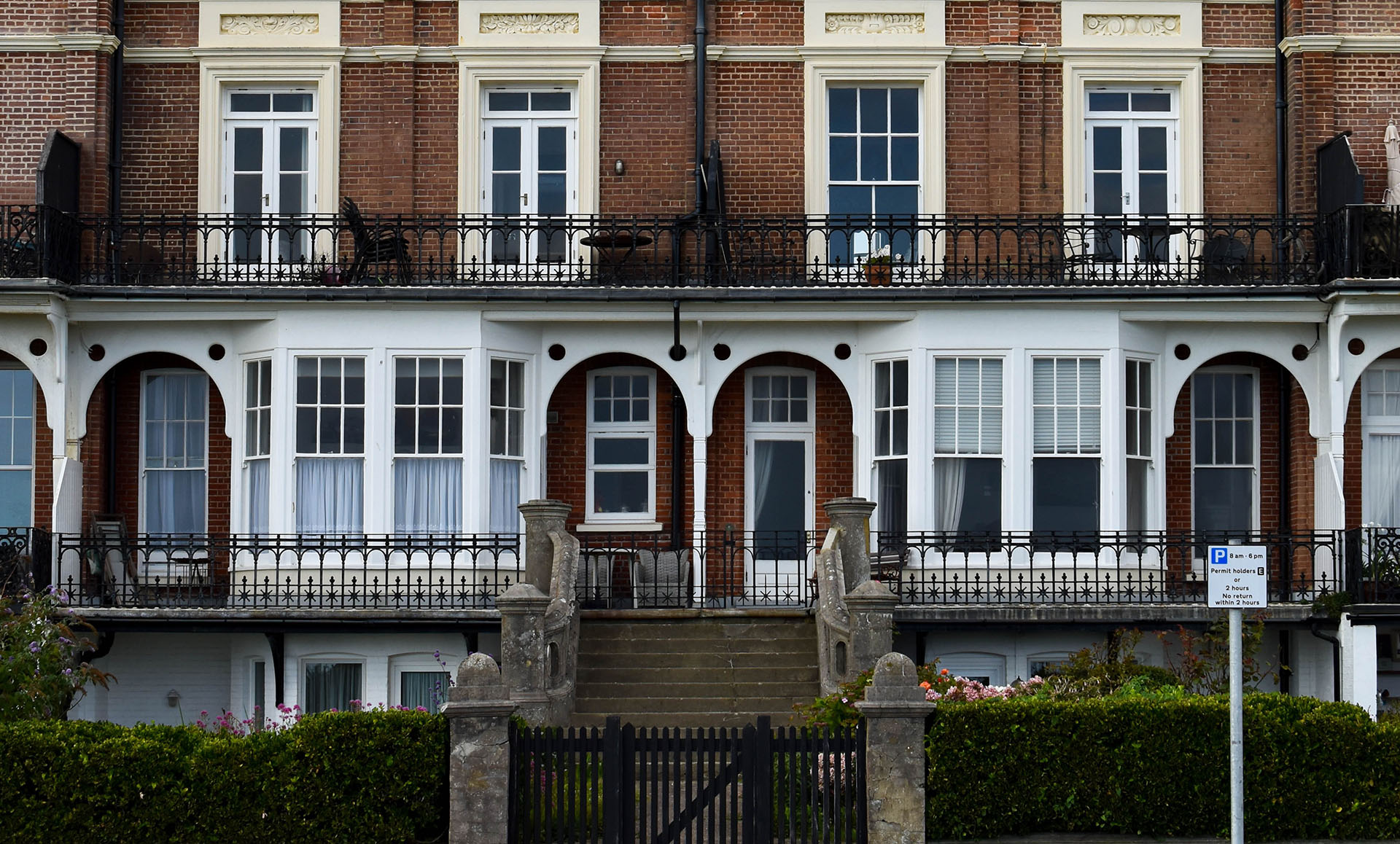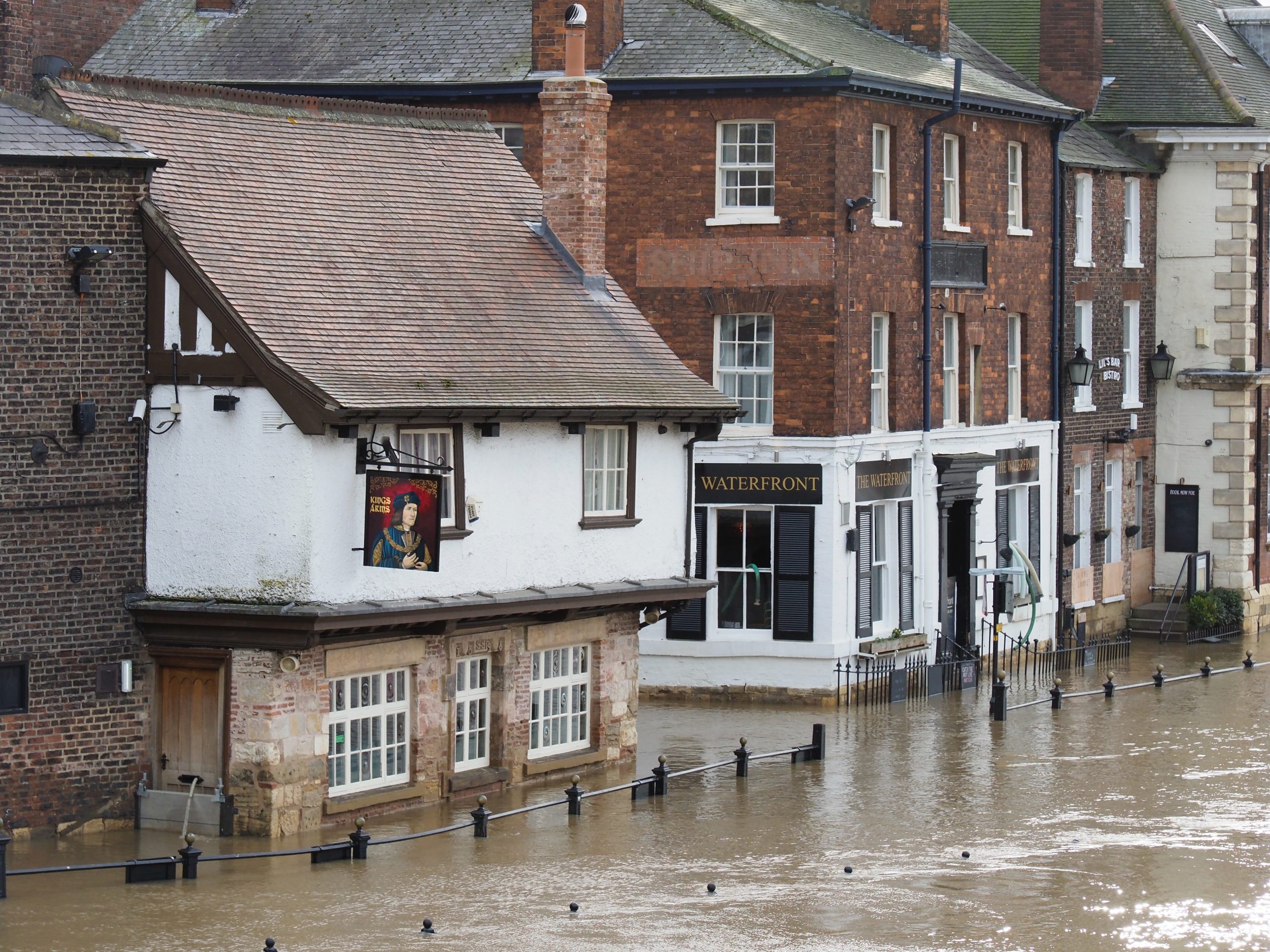In 2017 worldwide annual air passenger numbers exceeded four billion for the first time. The recent global travel restrictions caused an unprecedented decline in air passenger numbers and the forecast is that levels will not return to their pre-pandemic status until 2023. But as the aviation industry slowly gets back on its feet again, who is ensuring the aircraft are repaired, serviced and inspected properly?
As demand for air travel increases again so does the demand for aircraft engineers. Boeing anticipates the world will need in excess of 650,000 new MRO (maintenance, repair and overhaul) technicians over the next 20 years. In addition, the International Civil Aviation Organisation (ICAO) predicts airlines will require in the region of 25,000 new aircraft in the same period. Aircraft are also continuously expected to be more fuel-efficient, cause less noise pollution and maintain high levels of safety, so the demand for talented engineers is great.
To find out a little more about the engineering role and the issues facing the Aviation MRO organisations I spoke to Andy Wilson, 58, an Aircraft Maintenance Engineer from BIG Aviation Ltd. Andy holds FAA A & P and CAA B1 & C licences, with a type rating for over 10 types of corporate jets. He trained from the age of 16, completing a 4-year apprenticeship and a HND in Aircraft Engineering. I asked him why he chose to be an Aircraft Engineer;
“I knew I wanted to work in engineering, but all the other sectors looked quite dull. When I visited a hangar for the first time, it looked like they were actually enjoying their job, so I chose aircraft engineering!!”
Andy believes the opportunity to travel all over the world with his job is one of the key perks of the industry;
“One of the most interesting jobs I have done was retrieve a plane that caught fire in Saudi Arabia – although a really interesting assignment…” Andy told me, with a chuckle, “…it was also a memorable trip because I spent most of the time sitting around the pool waiting for permissions to be authorised – I got the best tan ever!.”
However, it’s not all sunshine and swimming pools, Andy describes how waiting around for hours in airports can be a “real drag”, followed closely by working outside in adverse weather conditions;
“Aircraft aren’t always fixed in a hangar, on one particular job we were working in 3 ft of snow and I accidentally dropped one of my tools; it completely disappeared into the snow and I couldn’t find it again”
Andy admits that the wages are a big incentive too. However, even though the income for aircraft engineers is enticing there aren’t currently enough applicants. Recently, digital roles seem to be more attractive than practical ones. It’s not just the quantity of the applicants though, it is the quality;
“Apprenticeships need to focus on practical application in the workplace while we still have operational aircraft engineers to teach them…there is a lack of trained individuals, a knock-on effect of lack of quality apprenticeships. Focus in training is moving away from the practical to the academic – Knowing is very different to doing!”
The decline of engineers in the industry hasn’t suddenly become a concern, the Civil Aviation Authority (CAA) informs us that 54-year-olds currently hold the highest number of Part 66 licenses; the most valuable qualification in aircraft maintenance as it involves hands-on training that confirms the capabilities of the license holder. Andy can certainly appreciate, as he tells me of the issues of low-level lighting coupled with ageing eyesight, that thousands of engineers will be reaching retirement age over the next decade. Although new technology is expected to relieve some of the pressure, it is not currently capable of all the necessary tasks. So for now, experienced, committed and motivated licensed engineers are still essential.
Although apprenticeships are generally considered the most effective form of training, perhaps we need more airlines and MRO organisations to provide assistance to train in the form of scholarships. This could make a big difference for students deciding which sector to specialise in. Although this translates as an initial increase in cost for the aviation industry (and in turn travellers), in the end it could be less damaging than the effects of the shortfall.
As the aviation industry continues to search for a solution to this vital personnel shortage, we are here to help search for the right insurance solution.
We have access to some of the world’s best known general aviation insurers providing the full range of insurance cover to the UK and European general aviation sector. Competitive terms are backed up by a high-quality service which includes access to a dedicated claims service.










